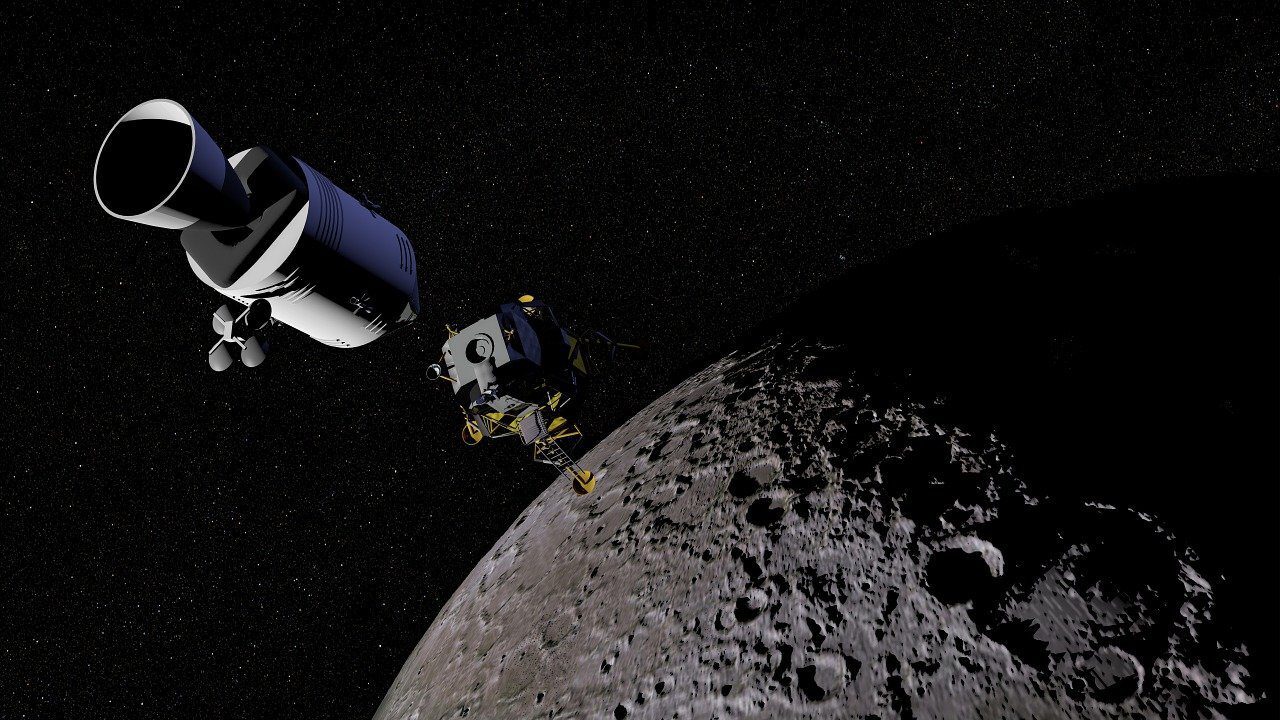
Image: Reimund Bertrams
Russia’s attempt to revive its glorious past in space has ended in failure: the Luna-25 probe—the first probe sent by Russia to the moon since 1976—crashed without being able to complete its scientific data collection mission scheduled to last a year.
The probe crashed on Saturday, August 19th, after a failed manoeuvre ahead of its lunar landing, which was scheduled for Monday, August 21st. The Russian space agency Roscosmos announced the loss of the spacecraft in a press release on Sunday, August 20th. After “an impulse to form its pre-landing elliptical orbit,” teams lost contact with the spacecraft. “According to the preliminary results of the investigation, it ceased to exist following a collision with the lunar surface.”
The probe was launched on August 10th from the Russian Far East and was due to stay on the moon for a year, collecting samples and analysing the soil of Earth’s satellite.
This setback comes at a particularly inopportune time for Russian President Vladimir Putin, who a few days ago announced the continuation of the Russian space programme, in the great tradition of the Soviet years. The mission was deemed highly “risky,” even in the opinion of Yuri Borissov, head of the Roscosmos agency, who put the chances of success at just 70%.
While for the moment the official agency has not put forward any possible cause for the mission’s failure, several explanations, both technical and political, can be put forward. First, the questionable choice of the lunar landing region, namely the lunar south pole, whereas traditionally spacecraft of this type are sent to what corresponds to the moon’s equator.
More generally, the mission, which had been planned for several years, was plagued by corruption scandals and repeated funding problems that hampered its implementation. Russian expert Vitaly Yegorov told Euronews that “for several years, perhaps five years, the launch dates for Luna-25 have been constantly postponed.”
Finally, the Luna-25 probe has certainly paid for the consequences of the Russian-Ukrainian conflict. Since the annexation of Crimea in 2014, Russia has been subject to sanctions, which have had an impact on the development of the electronic programme needed for the mission to function properly. The situation has worsened with Russia’s aggression against Ukraine in 2022, further isolating the Russians from the international scientific community.
The Russian government and Roscosmos are trying to put on a brave face in the face of this bitter failure. The agency is stressing that, despite everything, a certain amount of scientific data was collected by Luna-25 before it disappeared—these images and measurements being a first in the history of the Russian conquest of space. Nor does the failure of the mission mean that Russia will abandon its ambitions, as stated by Vladimir Putin, even if his voluntarist arguments have inevitably lost credibility.
In the hours following the announcement of the mission’s failure, a 90-year-old Russian scientist by the name of Mikhail Marov, presented as one of the key consultants on the Luna-25 probe expedition, was hospitalised in Moscow after suffering a sudden worsening of his condition. It is thought that he took the news of the disaster very badly. Having worked for years under the Soviet regime on various space programmes, he said he was deeply affected by “the project of a lifetime.” He reportedly urged the leaders not to “keep silent” about the possible reasons for the project’s failure.
